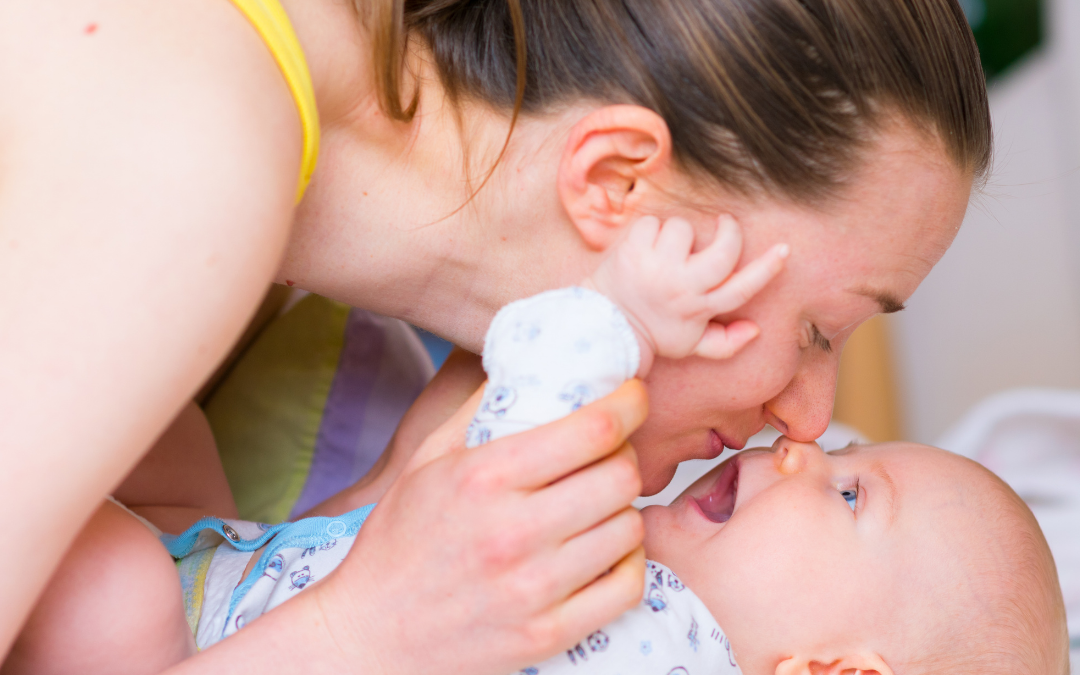Pregnancy & motherhood can be a magical and exciting experience. But it can also be an extremely challenging and overwhelming time. This week is Perinatal Mental Health awareness week and it’s time to increase awareness, remove the stigma around mental health challenges and seek out help if required.
What is Perinatal Mental Health?
Perinatal mental health refers to mental health during pregnancy and the first few years after birth. It includes illnesses such as ante or postnatal anxiety, depression, OCD, psychosis or PTSD.
Who does it affect?
With 1 in 4 women and 1 in 10 men experiencing mental health problems in the perinatal period, know that you are not alone. While some people may be more at risk of developing mental health problems, anyone may experience symptoms of mental health illness. Risk factors include:
- Past history
- Relationship difficulties
- Lack of social support
- Hormonal problems
- Life stressors/difficulties
- Complicated birth
- Birth didn’t go as expected
- Sleep problems
- Fussy baby
Chances are, you probably know someone that is having a similar experience to you. And that is why this campaign aims to remove the stigma and raise awareness. So you don’t feel alone and you are able to access the right support.
So what can you do?
Firstly, Ask for help: There are many amazing people out there who can help and support you.
If you or someone else is in immediate danger, please dial 111 for assistance.
For other assistance, talk to your GP, midwife or any of the support services listed here: https://pada.nz/national-helplines/
Secondly, try any of the following tips.
1. Move your body – physical activity helps to boost your mood. Whether you go for a walk or dance around your living room.
2. Connect with others – enables you to share experiences, feel a sense of belonging and gain emotional support
3. Ask for help – no one can do it all. You don’t have to be supermum. Whether it’s help around the house, or watching the baby while you nap, it’s ok to ask for help and your friends and family will be more than happy to .
4. Do something you love – this helps with connection to yourself and brings you joy, happiness and something to look forward to.
5. Go outside in nature, it might be a walk through the trees, a trip to the beach or even venturing out into your garden – getting some fresh air & sunshine can improve your mood and reduce stress.
6. Journal – write down your thoughts and feelings to get them out of your head can help you better understand them
Now I admit, I am not a mental health professional but I do have an understanding of the challenges of motherhood and the common mental health struggles for Mums. My aim at Empower Me Fitness is to provide a safe and judgement free space for Mums, connect Mums to other amazing supportive communities/organisations/services and to open up the conversation round maternal mental health and reduce the stigma.

